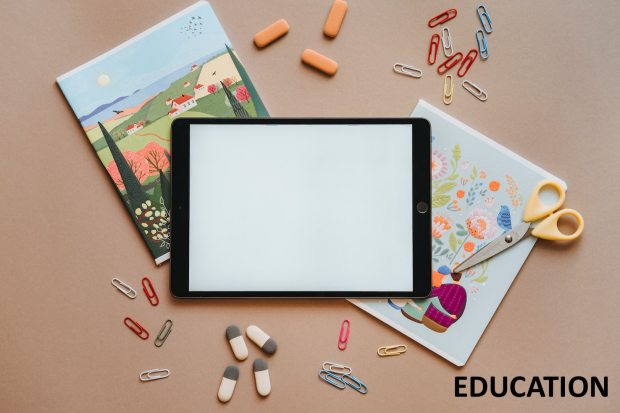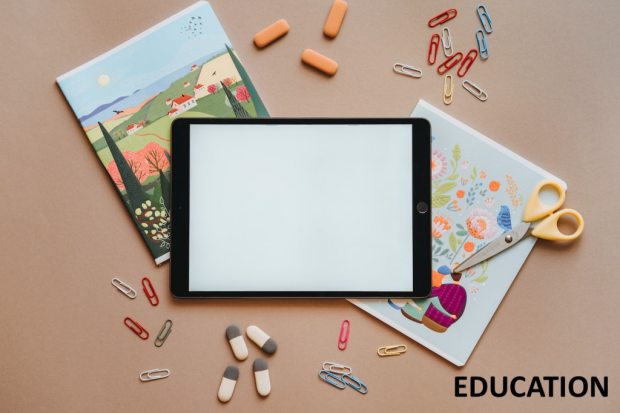
It is PSLE season during the pandemic year again – and the kind of response just shows that we once again failed to change the culture. MOE tried to change the stakes with the new system, but they need to target the culture that needs changing; the culture around what it means to win, and what it means to be ‘good’.
What is good for a kid has become whatever gets the kid good grades rather than what gives the kid a good challenge and enables them to deal with adversity. This is why we have people crying over spilled milk even when they are in their 40s. A better approach to parenting would be to encourage the child and say, you’ve tried your best and I’m proud of you braving through this. In the first place, the crying of the kid and the pressure she felt is a reflection of the kind of expectations she sense from the parent. And having the parent exhibit this sort of ’empathy’ by crying alongside reinforces to the child that throwing a tantrum at undesired outcomes is the right thing to do.
That was a missed opportunity to teach a kid how to bounce back, how to be brave, and to encourage rather than to assign fault (to someone else). I really liked the recommendations and thoughts from the counsellors towards the end of the article. Whatever pain a child feels from a difficult exam, is not an affliction from the school or MOE, but from the parents and the expectations that is placed upon the child. It is only right for SEAB not to comment. They don’t have to answer to anyone for the level of difficult of an examination.









